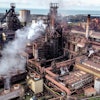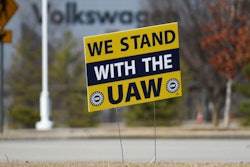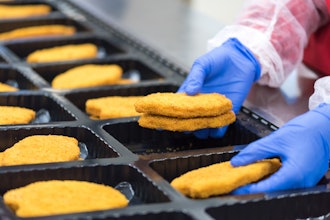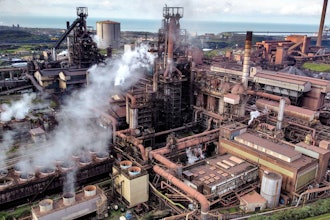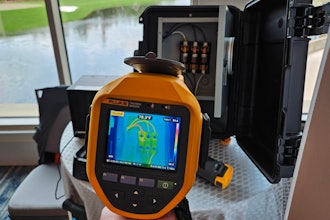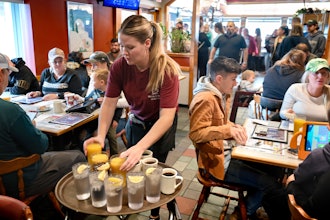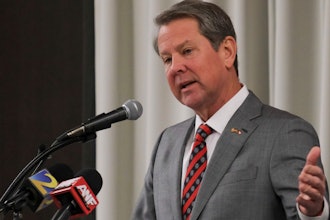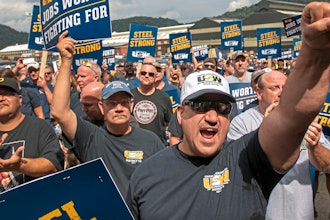NEW YORK (AP) -- A kosher meatpacking plant in Iowa that was the target of a sweeping immigration raid this year is not the only venue where the plant's owners are locked in a fight over undocumented workers.
Agriprocessors Inc. has gone all the way to the U.S. Supreme Court to urge the justices to reconsider their long-held position that workers in the country illegally have a right to join labor unions.
The Supreme Court has yet to decide whether to take the case, but if it does, it could have ramifications for a complicated area of U.S. labor law.
At issue are rules that make it a crime for a company to hire illegal immigrants, yet simultaneously protect those same workers from retaliation for engaging in union activity.
Those intertwined standards came into play at Agriprocessors' small distribution facility on the Brooklyn waterfront in 2005, when a group of about 20 workers voted to join the United Food and Commercial Workers Union.
Agriprocessors fired most of the workers after the vote, saying it had investigated their Social Security numbers and concluded at least 17 were in the country illegally.
The company also refused to accept the unionization vote, arguing that it was invalid because of the workers' immigration status.
The National Labor Relations Board sided with the union and took the company to court. The company ultimately gave the workers $2,500 apiece to settle their retaliation complaints, but the dispute over whether the warehouse is now officially a United Food and Commercial Workers Union shop is still unresolved.
A federal appellate court in Washington ruled 2-1 in January that even though a majority of the laborers were illegal immigrants, they were still protected by a 1984 Supreme Court ruling that undocumented workers were covered by the National Labor Relations Act.
Agriprocessors appealed, asking the Supreme Court in June to reconsider whether its Reagan-era ruling on illegal immigrants and labor unions was outdated.
The lawyer handling the case for the company, Nathan Lewin, said in his court petition that immigration law has changed dramatically in the past 24 years. Most notably, Congress passed a law in 1986 that explicitly barred employers from hiring illegal immigrants.
"The attitude of federal and local laws towards illegal immigrant workers has undergone a sea-change," Lewin wrote. "Today's standards are not as lax as those that applied in 1984."
A spokesman for the United Food and Commercial Workers Union, Scott Frotman, said the company's only interest is preventing its workers from organizing and demanding better pay.
"This is another example of how this company uses a broken immigration system to drive down wages and working conditions at its facilities," Frotman said.
Agriprocessors made headlines in May when 400 of its workers were detained during a raid on its slaughterhouse in Postville, Iowa.
On Tuesday, Agriprocessors owner Abraham Aaron Rubashkin, his son Sholom Rubashkin and other managers at the company were charged with hiring minors to work at the Iowa slaughterhouse, including some children younger than 16 who handled saws and meat grinders.
Though misdemeanors, they were the first criminal charges brought against the plant operators and could carry jail time. The company denied the allegations.
After the charges were filed, the Orthodox Union, one of the largest kosher certifiers in the country, said it would suspend kosher supervision of the plant unless the company hires a new chief executive officer within "several weeks."
Labor groups have long argued that if workplace protections weren't extended to illegal immigrants, a company could feel free to ignore labor standards with impunity and retaliate against any employees who complained.
The Supreme Court is not expected to decide whether to take the Agriprocessors case until later this fall, at the earliest.
AP religion writer Rachel Zoll contributed to this story.



